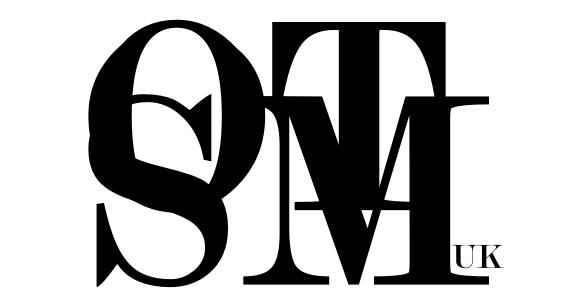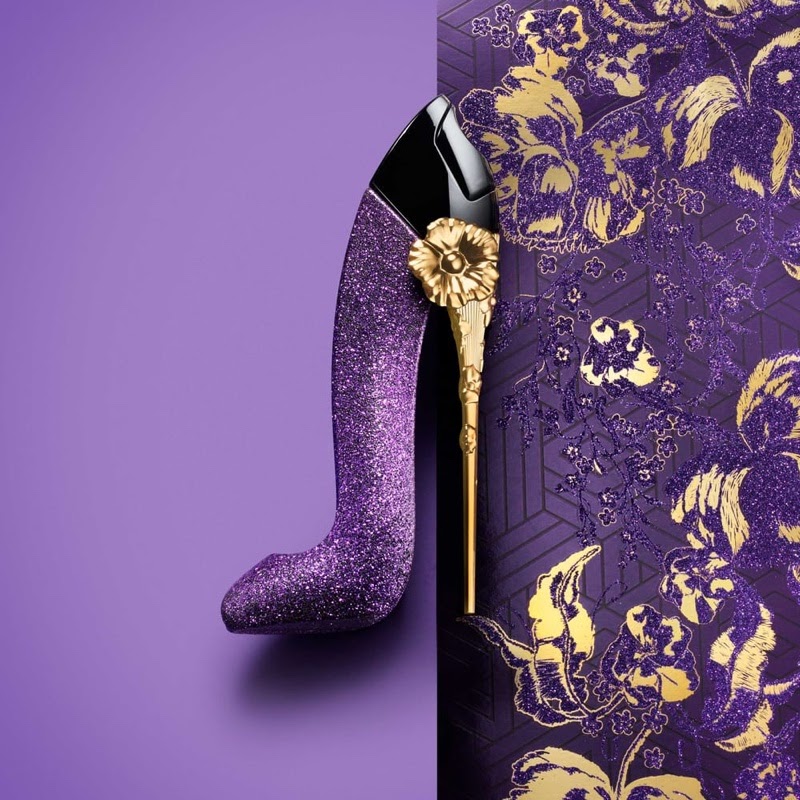For Spring/Summer 2026, Viktor & Rolf return to haute couture as a realm of conceptual freedom, where fashion operates as both spectacle and intellectual exercise. Presented as a meticulously staged fashion show, the collection reaffirmed the Dutch duo’s mastery of couture as an art form, one that privileges construction, symbolism, and emotional provocation over conventional ideas of wearability.


















